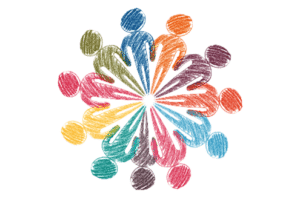| Key Takeaways | |
| – | Restorative approaches underline best practice with early years education |
| – | Australian Early Years Framework have a restorative belonging focus. |

Having a background in early years from Australia, specifically Victoria, I have noticed some interesting similarities and differences in how the early years education system embed restorative approaches. Many teachers follow restorative approaches without thinking, and I have experienced countless examples of heartfelt and caring interactions and relationships between teachers and their students. However, for restorative approaches to be sustainable it must be reflected in the procedures, policies and environments.
Connect before Content
One thing I experienced is that early childhood teachers in Australia are given more freedom to tailor individual learning with a focus on emotional and social development. This is highlighted in the national framework: Being, Becoming and Belonging (Department of Education and Training, 2016). Just like in restorative approaches there is a strong connection to belonging. This can be belonging to a classroom, family, work, or a community, and being an equal and valued member. This framework also draws on some of the same theorists as restorative approaches such as Maslow’s Hierarchy of Needs which explores behavior as an unmet need.
Whilst in comparison the UK Early Years Framework (Department for Education, 2023) tends to sway towards more specific expectations of teachers, and academic expectations of children, such as understanding phonics, count to 10 and write recognisable letters. That being said, in the in recent years a change has begun to create a classroom that is whole-child focused, and further attention has been placed on emotional and social development and certainly in Wales, the new curriculum is has been designed to promote this throughout school.
By being restorative, especially in the earlier years, we are giving children the ability to grow in engaged, resilient and confident learners. WRAP is working alongside schools to make this a reality not just in Wales, but in the U.K and internationally as well.
Madi is an early years education specialist working with Wales Restorative Approaches Partnership




